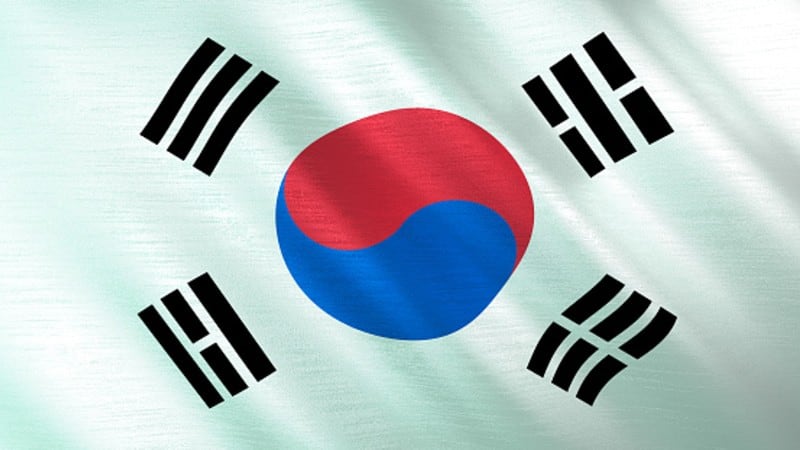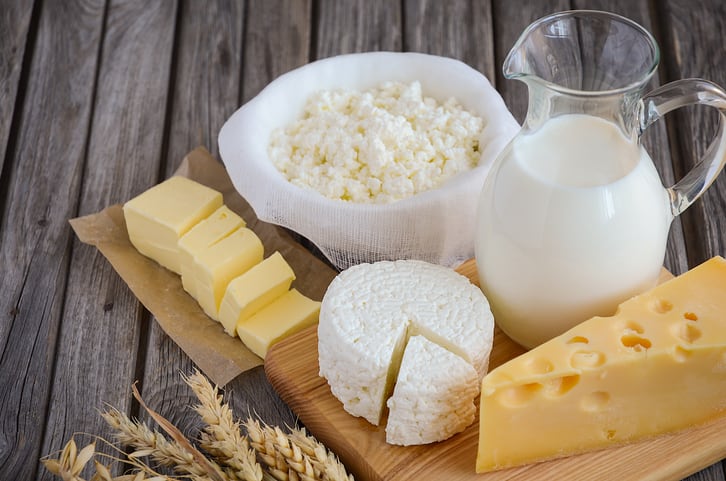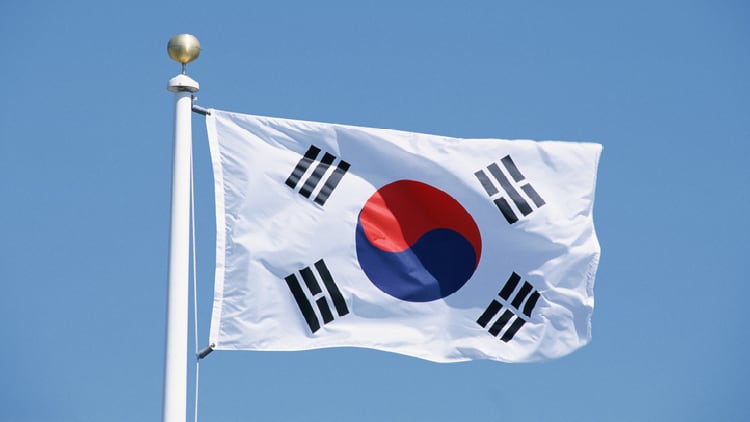The New Southern policy was first announced in 2017, and was the country’s first diplomatic policy focusing on South East Asia and India – all other previous Asia initiatives were either broader all-Asia ones or focused on North East Asia.
The South Korean Export Promotion Division under the Ministry of Agriculture, Food and Rural Affairs (MAFRA) recently announced that the country had achieved an ‘all-time high’ in food and agriculture exports in 2020 – with New Southern countries playing a large role in this.
“Despite the difficult export conditions due to COVID-19, both exports and growth rates of processed foods and fresh agricultural products from South Korea have recorded the highest performance ever in the last five years,” MAFRA Minister Kim Hyun-Su announced in a formal statement.
“Total food and agriculture exports in 2020 reached US$7.57bn, an increase of 7.7% year-on-year, higher than the last-recorded growth over 5% in 2017 (5.6%).”
Within these exports, the New Southern regions showed the second-largest growth of 9.1% to hit US$15.6bn, losing only to the United States which showed a whopping 30% growth to US$12.1bn but defeating China which showed 2.9% growth to US$11.4bn.
“The US showed a high growth rate due to favourable exports of fresh and processed foods such as instant noodles, kimchi and processed rice [but in terms of volume], food exports to New Southern regions have surpassed Japan to become our number one export zone,” said Kim.
“The New Southern food export share now stands at 20.6% of food exports overall, and we have seen Korean food recipes such as ramen and red pepper paste be very popular [especially] with the increase in demand for home-cooked meals.”
By country, the largest New Southern export destinations were Thailand (US$220.9mn, 12.1% growth), Indonesia (US$179.2mn, 5.6% growth), Philippines (US$176.3mn, 32.3% growth), India (US$69.9mn, 31.0% growth) and Vietnam (US$501.6mn, 2.4%).
Most popular food export items were noodles at US$151.4mn (up 17.9%) and sauces at US$58.6m (14.1%) as mentioned by Kim, but South Korean dairy product exports also saw a significant 37% growth to hit US$28.6mn in the last year.
On a global scale, two of South Korea’s food exports seeing the largest growth were kimchi (US$144.5mn worth), a 37.6% growth year-on-year and Shine Muscat grapes (US$31.2mn worth), a 32.5% growth year-on-year.
Ramen exports also grew 29.3% to hit US$603.6mn – still a significant number considering just US$290.4mn worth was being exported in 2016.
More on the New Southern policy
South Korean President Moon Jae-in has made no secret of his commitment to expanding relations with South East Asia, going as far as to visit all 10 ASEAN countries during his first two years after being elected.
The policy was announced amidst the 2017 Chinese boycott of South Korea, and one of its aims is to bring the country’s ties with South East Asia and India up to the same level as with countries like Japan, China, the US and Russia, which have traditionally had very close ties with South Korea.
The policy’s efficacy has been debated since its inception – according to Professor Park Bun-Soon from Korea University’s Department of Economics, businesses in particular have been sceptical due to a lack of faith in the policy’s implementation and the government’s understanding of ASEAN countries.
“South Korea is too optimistic about ASEAN’s economy,” he said of the policy in 2019.
“To be sure, ASEAN is a large market, with 650 million people, but its economic situation is not all rose-coloured. Most of ASEAN’s industrial countries, except for Singapore and Brunei, are deep in the middle-income trap and suffering from premature de-industrialisation.”
Be that as it may, it is clear South Korea is still reaping the benefits from having pushed ahead with this policy, at least from a food export perspective, as the large leaps in export growth can pay testament to.
According to Kim, one of the main reasons for this food export growth can be attributed to marketing related to the ‘Hallyu’ or Korean wave, which is likely to have contributed strongly to the New Southern region’s performance as this Hallyu wave is very much going strong in these countries.
“In addition to MAFRA preparing online and offline strategies for each country, [marketing based on] the Korean wave marketing has promoted healthy, fermented and convenient foods amidst COVID-19, and we have also made efforts to support locally customised product development, [all of which have aided this growth],” he said.





